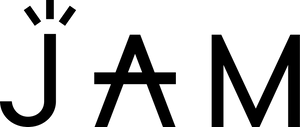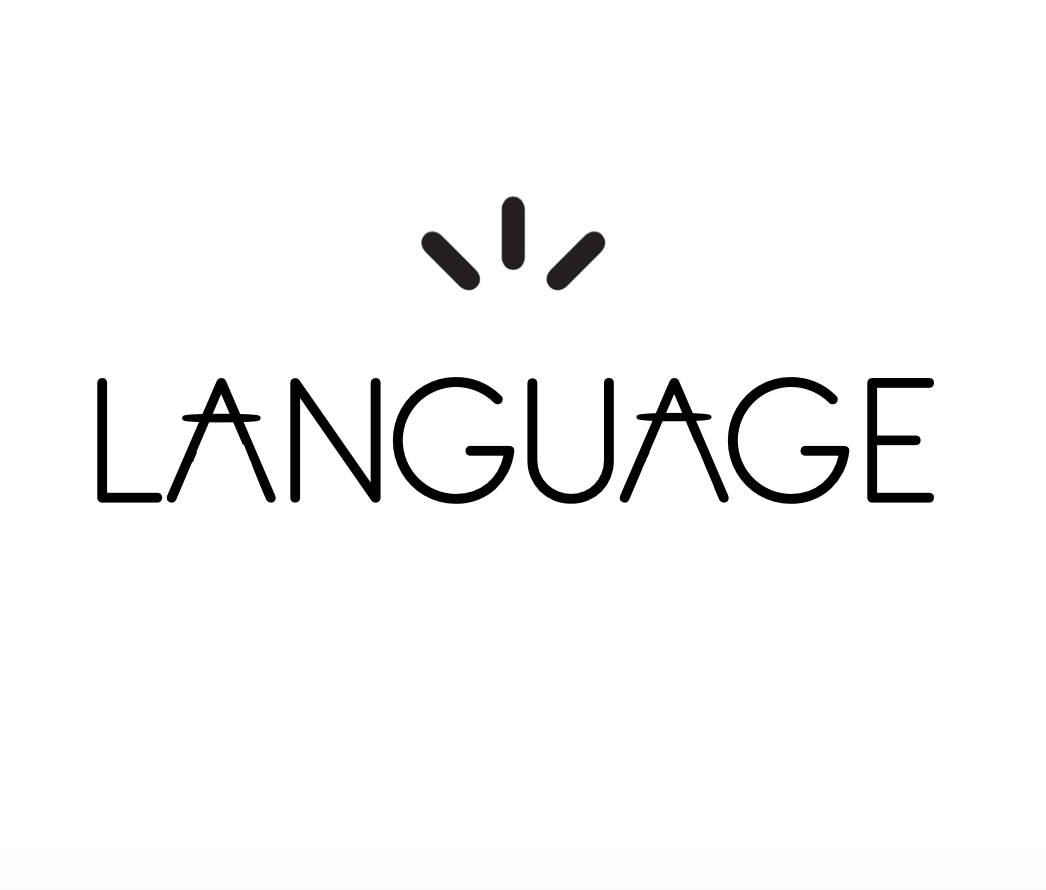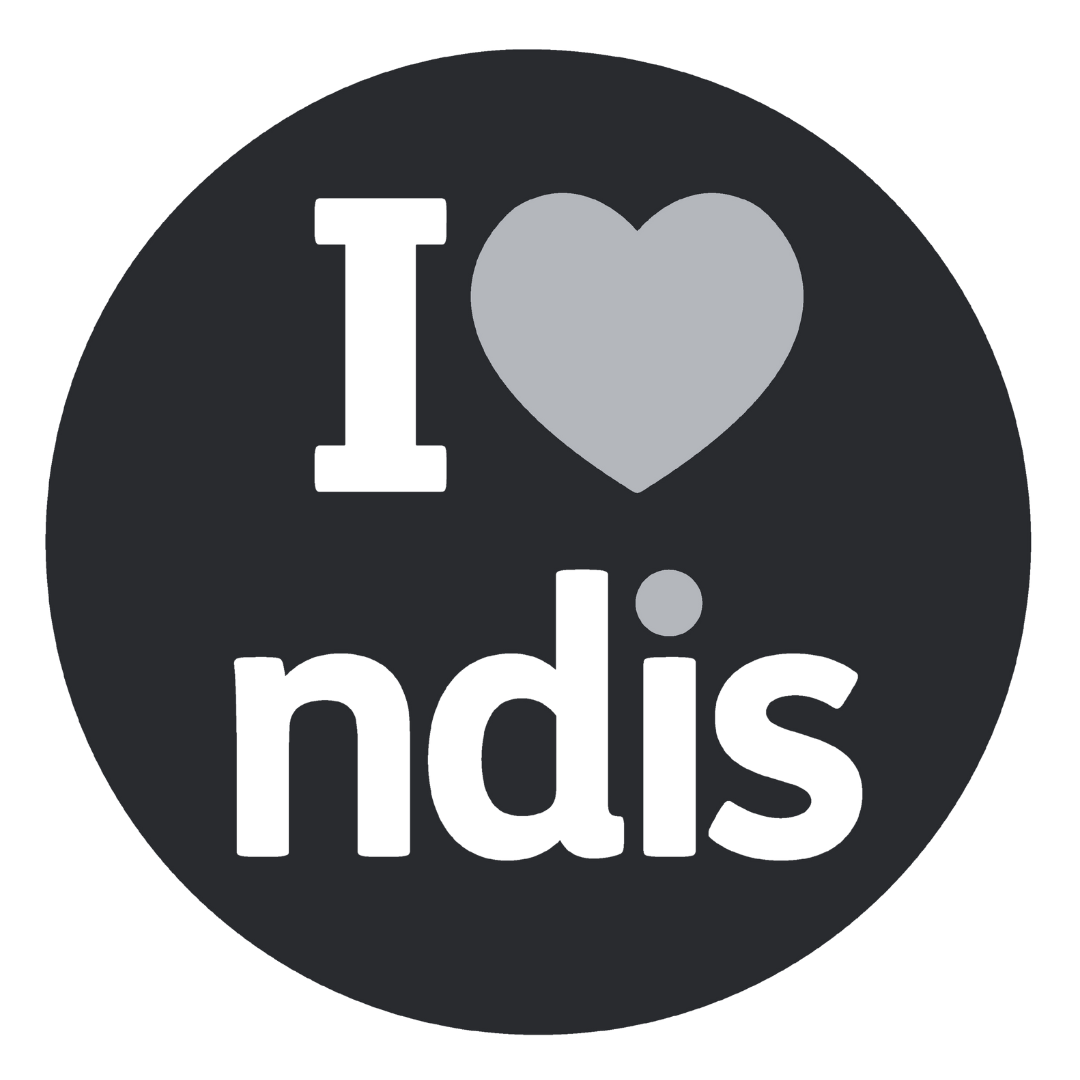Language.
It can be so empowering or so damaging. We are taught there is so much power in words, and ain’t that the truth.
As Occupational Therapists by trade, we are well and truly around person-first language. For those playing along at home, an example of this is saying “person with disability” rather than “disabled person” or “person with schizophrenia” rather than referring to someone as “a schizophrenic person”.
Whilst there are lots of opinions surrounding what's right, people with disability are all individual and all have differing opinions - some people for example, always refer to themselves as “autistic” or “disabled” whilst others prefer “person with disability status”.
Since launching JAM, we’ve had lots of conversations surrounding language and the impact it has. We at JAM are on the journey of trying to use the most inclusive language possible.
We are certainly not perfect, and still slip up (figuratively and literally), but we have been told to simply ask yourself, “Could what I’m going to say be offensive in any way to any person? If you’re thinking it could be a “yes” then go looking for a better word.
A really good example of this is the word “crazy”. We used to use this word frequently until it was pointed out to us that it made us incredibly lazy. Let me explain why. We would describe things as “crazy good” or say “that’s crazy!” about things that it didn’t even really make sense for. We were simply using it because we were too lazy to think of another word to use.
But as Ilana Wexler (Broad City all time fave) said, “We don’t use the word crazy because it stigmatises mental illness”. Crazy is just one example of a word that is used so frequently in our society but that may have a negative impact on people within our communities.
Thinking about this can be totally overwhelming we know, and it begins to feel as though there's no words left, but there is - we promise!
If our promise isn't helping, maybe this will.. Here is a link to a website that helps to explain it a bit better.


